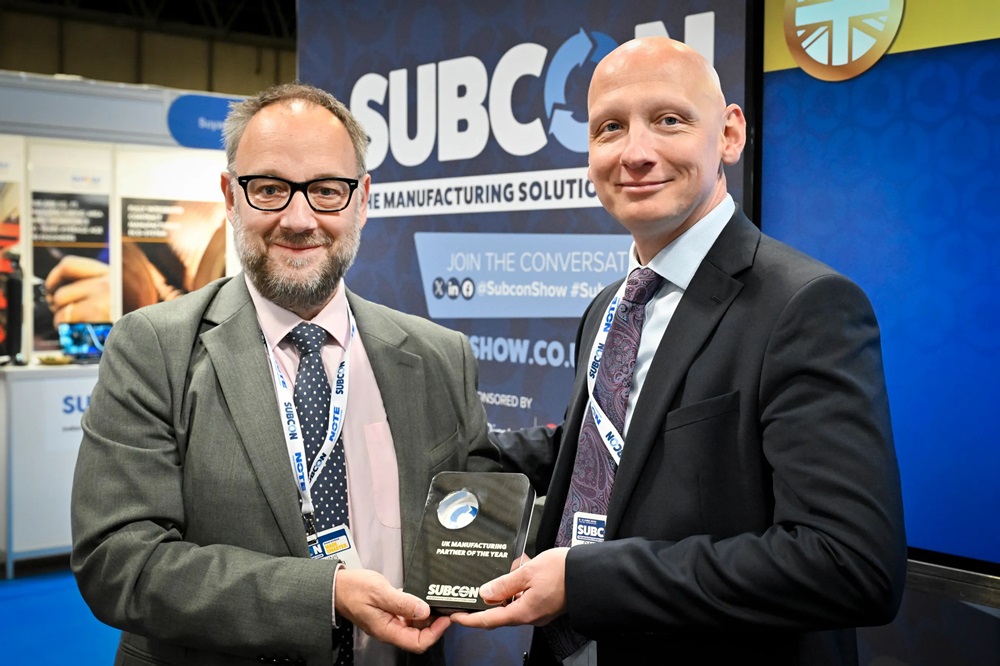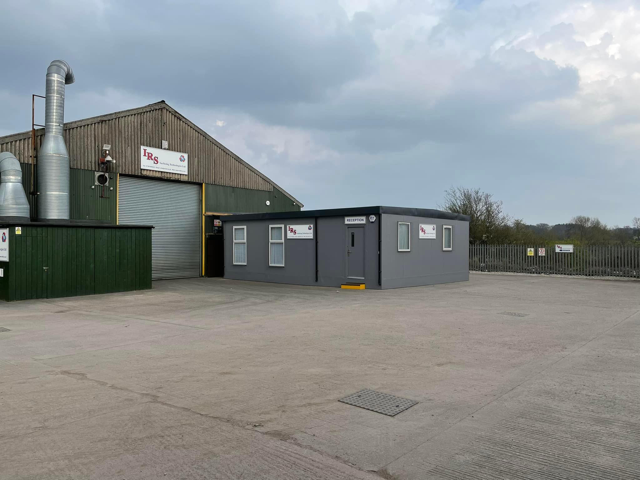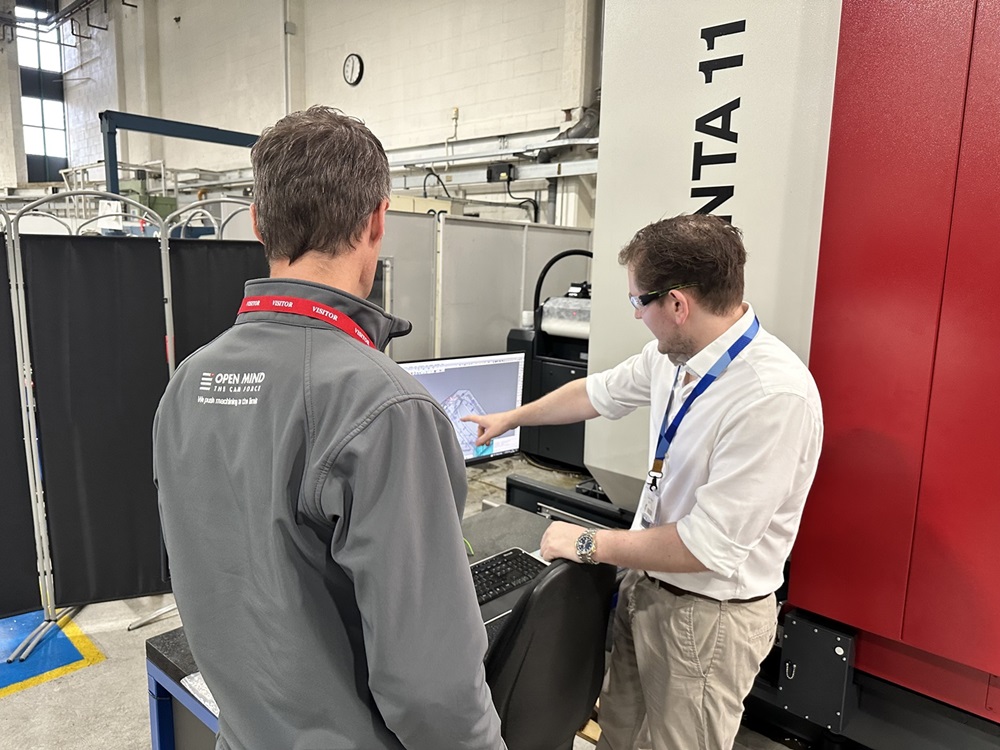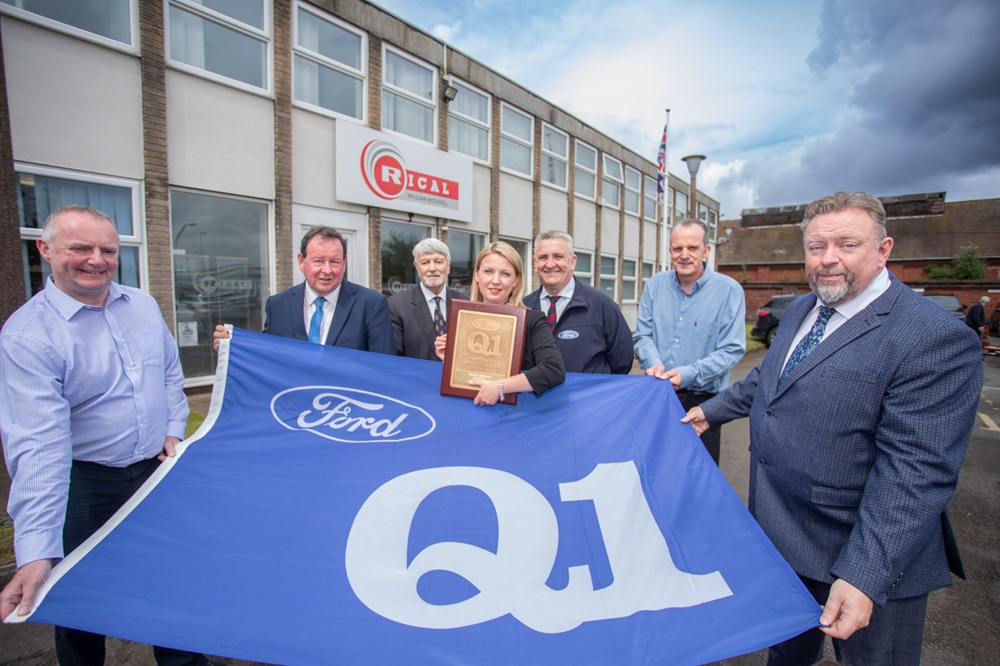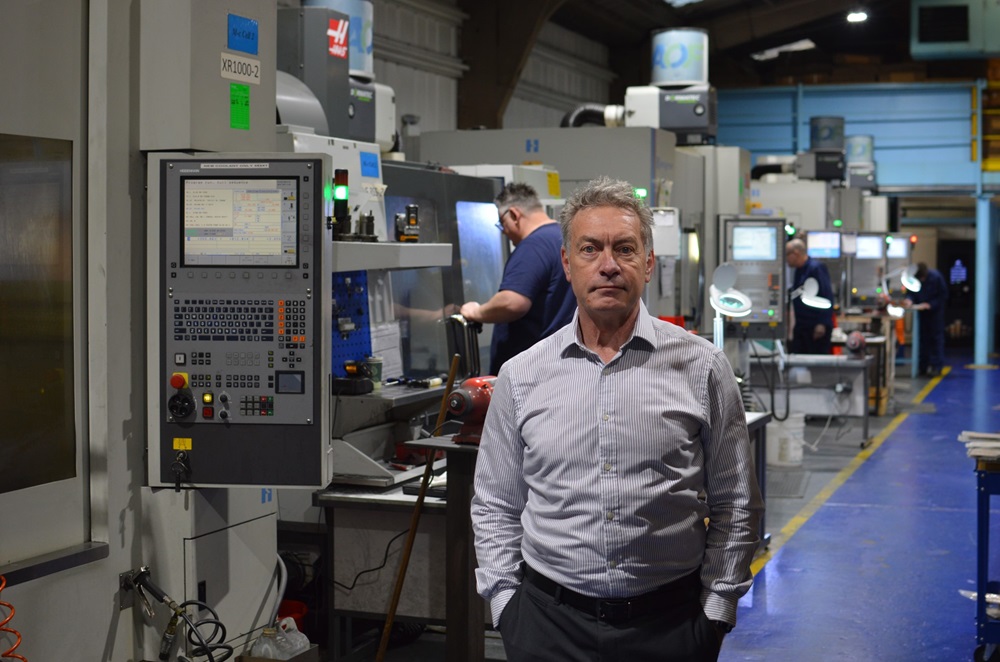With a growing machine shop boasting over 40 machine tools, subcontractor Future Advanced Manufacture (FutureAM) soon found its existing CADCAM system lacking capability in several areas. The Cheltenham-based business subsequently turned to Open Mind Technologies and its hyperMILL CADCAM system.
The shop floor at FutureAM has a diverse mix of machine tools that include three- and five-axis machining centres, and multi-axis turning technology from brands such as Doosan, Mazak, DMG Mori, XYZ, Colchester, Hardinge, Correa and many more.
Oliver Allen, head of R&D at FutureAM, says: “With our previous CADCAM supplier, five-axis machining was more a bolt on to their CAD system whereas with hyperMILL, the five-axis suite is incorporated in the system and Open Mind provide full support. Our previous supplier could not offer that.”
And there are many more benefits, as Justin Talboys-Cotton, a sales manager at Open Mind Technologies, reveals: “Previously, FutureAM had no graphical simulation and they were running programs to the best of their knowledge on the machines. By adopting hyperMILL Virtual Machining, the company now has a full digital twin of the machines running NC code simulation. It doesn’t stop there: FutureAM have also invested in the Optimizer module, which will automatically work out the best and most optimal solution to fit the required tool path within the machine envelope. With their previous supplier, the business was limited to just milling only. HyperMILL has now also given this customer turning capability – all in one supply.”
Adds Allen: “Now that everyone here is using hyperMILL, it’s very apparent that our productivity levels are increasing and efficiency is improving, with the company subsequently making more money.”
For more information www.openmind-tech.com






